10 Essential Home Hunting Tips That’ll Help In A Hot Property Market

Get The Property Insights Serious Buyers Read First: Join 50,000+ readers who rely on our weekly breakdowns of Singapore’s property market.
A seasoned content strategist with over 17 years in the real estate and financial journalism sectors, Ryan has built a reputation for transforming complex industry jargon into accessible knowledge. With a track record of writing and editing for leading financial platforms and publications, Ryan's expertise has been recognised across various media outlets. His role as a former content editor for 99.co and a co-host for CNA 938's Open House programme underscores his commitment to providing valuable insights into the property market.
Despite Covid-19 – or some would say because of it – home prices are soaring. The Singapore private property market is up another 3.3 per cent as of Q1 2021, while resale flat prices have been rising for nine straight months. Price aside, there’s also intense competition for desirable units, and it isn’t uncommon to hear of resale homes being sold despite only being on the market for a couple of days. This isn’t just hearsay – we’ve even had sources on the ground reflecting on the current situation. For sellers, there’s seemingly never been a better time to be one.
A word of advice for sellers though, don’t be caught up in the exuberance too easily. While it can be nice to dream of the profits that you might make, unless you have another property to stay at – selling high does mean you’ll be buying high as well.
For buyers, however, it’s a different story.
You’ll have your work cut out for you right now in this market. While that doesn’t necessarily mean you won’t be able to purchase the house you want, you might have to put in more work and consideration to get to the end goals. Here are some tips to surviving the current market as a buyer:
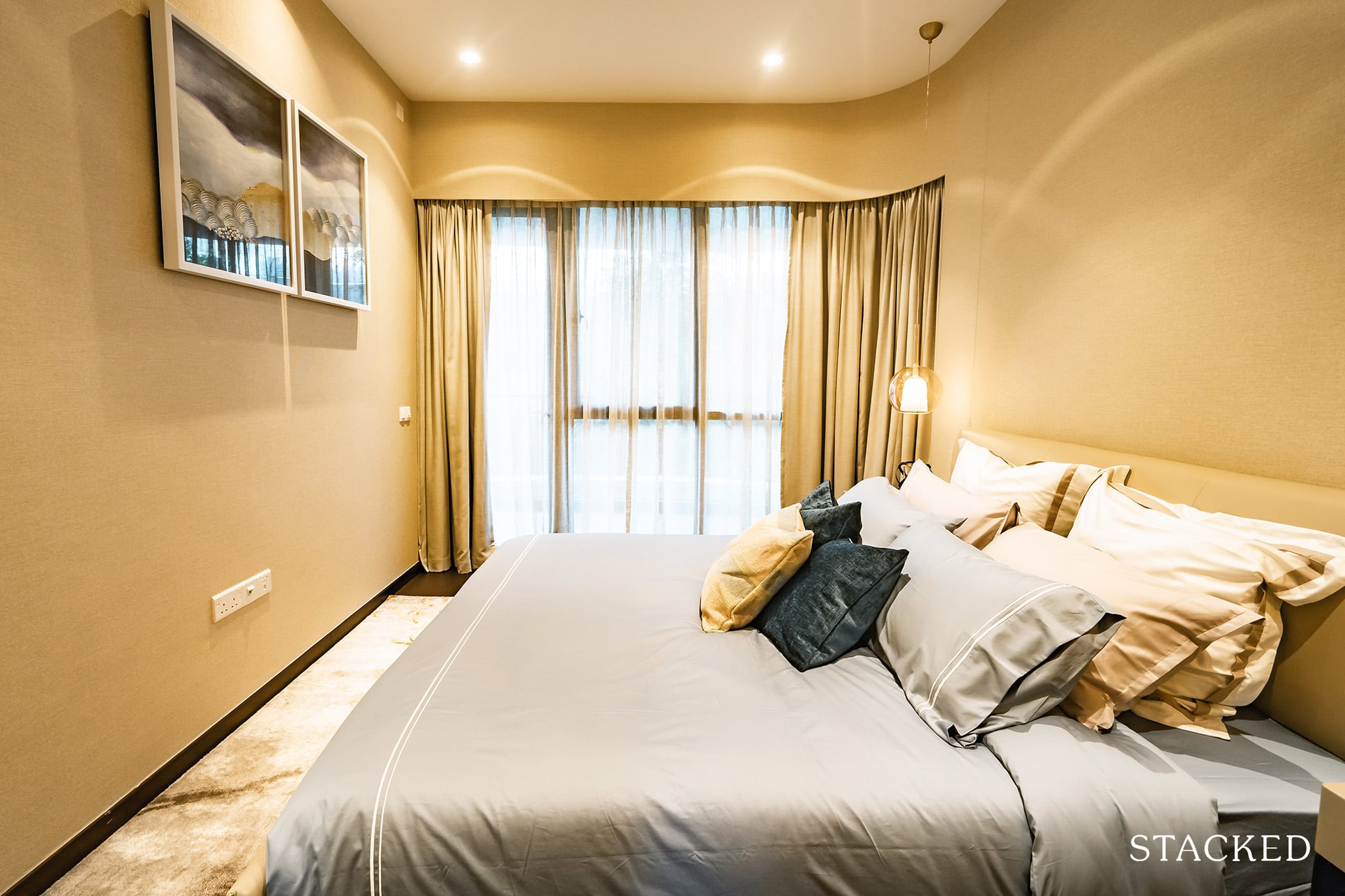
1. Check out older listings, not just the newest ones
There’s a tendency to assume that older listings are bad, because something must be wrong with the property. This isn’t always true.
First, it may be due to sellers setting an improbably high price. These listings might remain up for a long time, such as a whole year, before they finally concede to a more realistic price.
Second, issues with the property may be fixable. Typical examples include impractical renovations (e.g., walk-in wardrobes that swallow most of the bedroom), partition walls closing off kitchen ventilation, or just being well-worn. If the location, price, and size are right, it may be worth redoing the interior. Of course, do remember to budget for the higher construction costs in this Covid-19 environment.
Finally, what makes a unit undesirable to others may not matter to you. For example, some buyers are happy to pick units with obstructed views, if they keep the curtains drawn most of the time anyway – and not everyone is put off by long corridors, or unusual shaped rooms.
So it might pay off sometimes to not worry too much about how long the listing has been up; instead, check out the actual property.
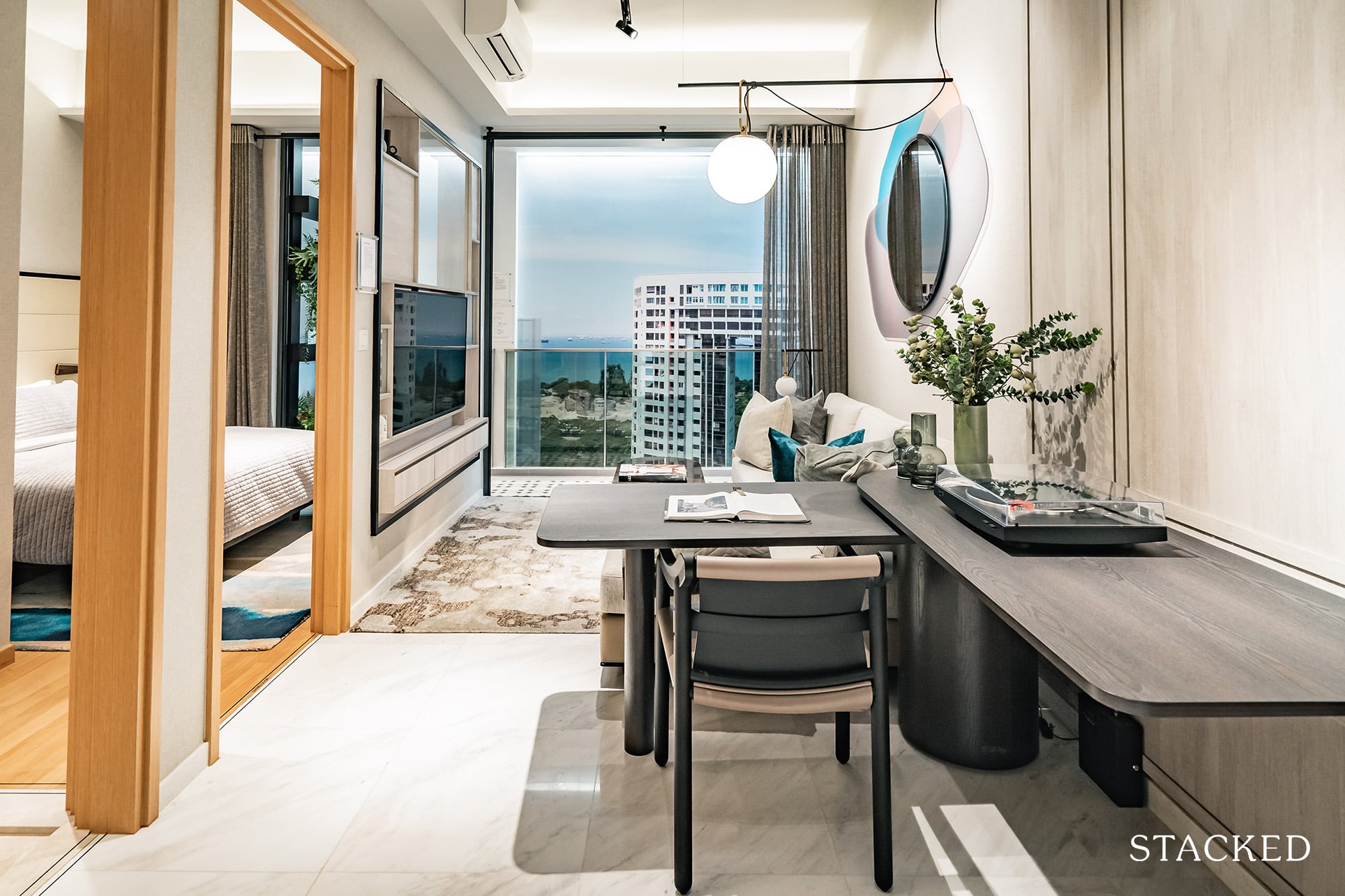
2. Be ready to close fast, and express that you can
For some sellers, a fast transaction is a priority. An example would be a seller who wants to secure a desired unit, but needs to sell you their previous property first (due to ABSD).
Likewise, those who bought a private property, before selling their existing home, have to sell within six months; otherwise they won’t get their ABSD remission.
In these situations, sellers prefer buyers who are ready for a fast transaction. This means already having Approval In Principle (i.e., you have a secured lender), and having the necessary down payment.
In very urgent cases, sellers may even concede to a small discount, if you agree to complete the transaction fast. Do remember to express that you’re able to do this, so the seller is aware.
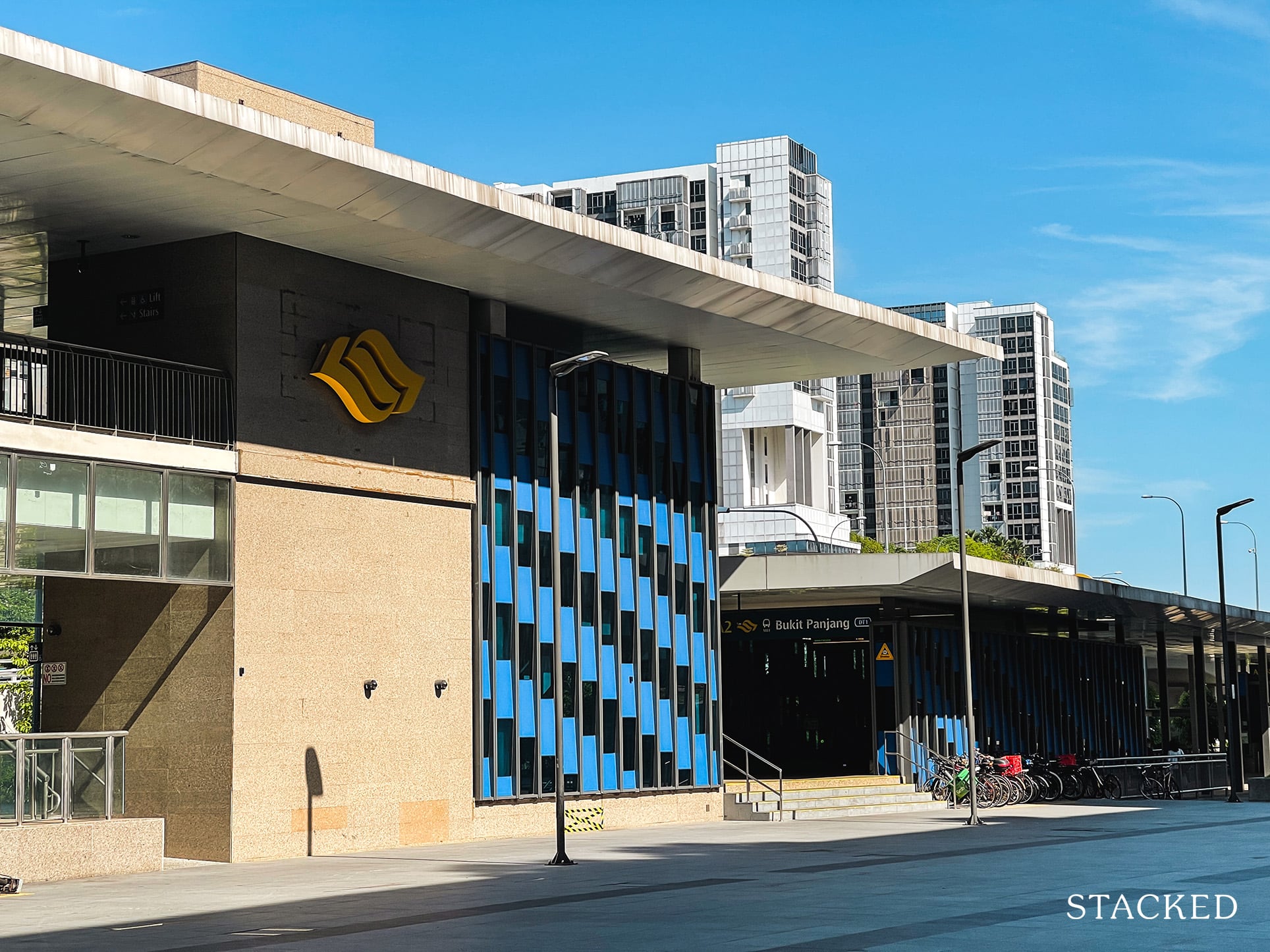
3. Accept that some degree of compromise may be necessary
Don’t go into negotiations with an adversarial approach. Think of it more as a cooperative method, where both sides can meet in the middle.
(In any case, we’re currently in a market where most sellers have the upper hand; you probably need a home more badly than they need to sell it.)
Sometimes, getting the right unit could mean paying a little more in Cash Over Valuation (COV), or agreeing on an earlier transaction date. This is usually better than ending up with a property far from school or work, or one that causes discomfort for years to come. Especially if you have a long holding period and are looking for an own stay option.
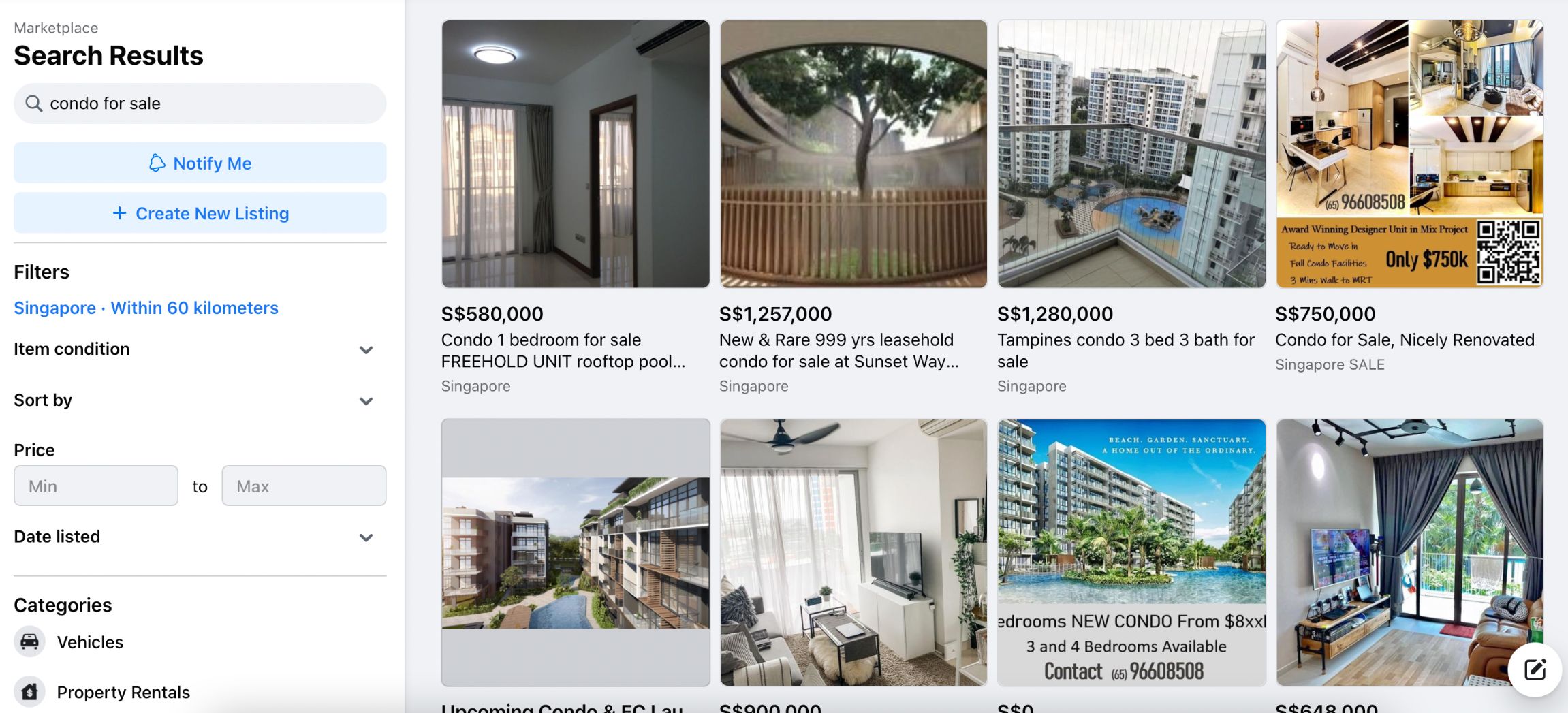
4. Property portals are not the only place to find listings
Don’t forget old school sources, such as the classifieds section. You can also try online forums, Carousell, Gumtree, or even Facebook.
Do keep in mind that, with big property portals such as 99.co or Property Guru, listings can get expensive to constantly promote. Sometimes, individual sellers or agents don’t spend as much to push their listings (especially if sellers are working on a non-exclusive basis); and they may have good homes that don’t make it to the top of the list.
Another alternative is to sign up for property auctions with firms like ERA or Knight Frank. Many auctions don’t end with a sale (i.e., you don’t have to bid and win on the spot), so you can approach the seller to make a private deal afterward.
On rare occasions you might get lucky, and find a good fire sale; such as a mortgagee property.

5. Use an agent who just made the closest other transaction
If you see another transaction took place in the same development – or better yet in the same block – try engaging the same agent involved. Assuming the transaction took place within the same year, the agent would be up to date on the latest valuations; this is important for resale flats, where the valuation is revealed after the price is agreed upon.
In addition, the agent may have a wider pool of buyers or sellers for the particular project; this could be a holdover from their recent transactions. At the very least, this can translate to a good understanding of what competing offers you’ll face.
6. You don’t always want to be the first to make an offer
The anchoring effect is less of an issue in our real estate negotiations. This is because the “anchor” price comes from transaction histories – the sale price of the last few units is usually the guideline. Due to URA transaction records, and other free research tools like UrbanZoom, both parties are quite aware of the indicative pricing.
If you are in talks with a first time home seller though, you might want to play your cards carefully. Even if it is a very good offer, it’s normal human behaviour to not jump on the first offer, and wait and see what comes along. So if time permits, you might want to hold off and not be the first.
(This isn’t to say the first offer won’t succeed though. Sometimes the sellers accept right away).

7. Use agents experienced with the given area
When picking your buyer’s agent, check if they’re familiar with the area. This makes a big difference, as certain things don’t show up on conventional research tools.
For example, in a recent transaction in the Serangoon area, one of the buyers we knew was stopped from purchasing a resale flat with no apparent issues. The realtor, who was familiar with the area, knew that a nearby neighbour had a reputation for shouting and repeatedly slamming doors toward the late night.
As it happened toward midnight, it would have been hard to notice this at viewings.
That aside, it’s really about the connections in the area that you want to tap on. Sometimes because of the relationships between agents, they might be privy to new listings that aren’t listed on the platforms yet. So that creates a possibility of knowing about a new home for sale before others. Now, it may not be a surefire way – but even a slim advantage is better than none at all.
You can ask how many transactions the realtor has overseen in a particular HDB town, district, or neighbourhood. Some buyers insist on picking realtors who have also lived in the same general area, for at least a number of years.
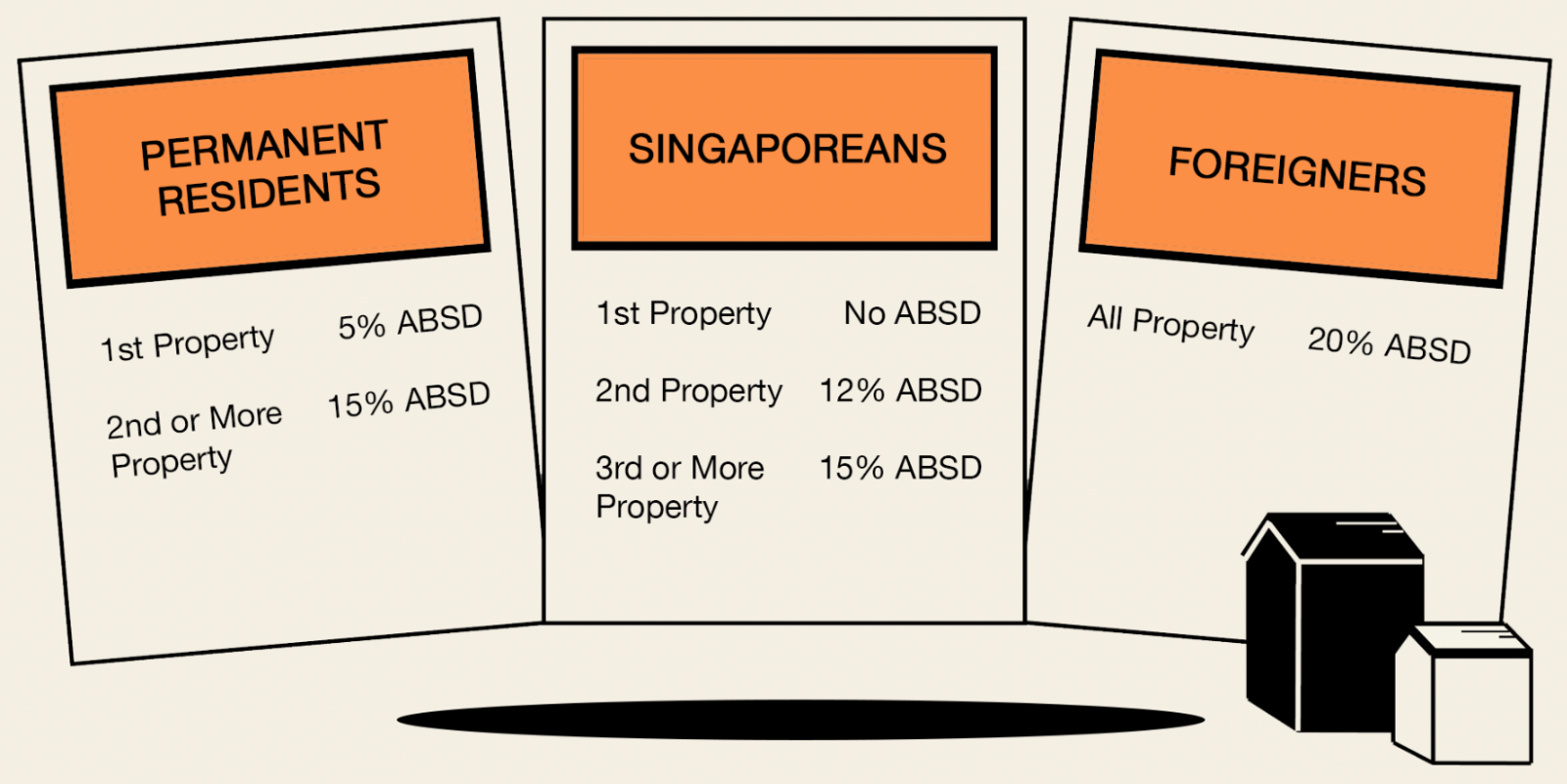
8. Analyse your seller
This is one of your property agent’s main jobs. Ask them to find out how many offers the sellers have received, in addition to data on low, median, and high transactions in the area.
For HDB flats, take note of the ethnic quota; if the quota has been hit, then the seller may have a smaller prospective pool of buyers (and is likely being low-balled by other buyers).
If the seller is facing Sellers Stamp Duty (SSD) penalties, facing repossession, or is facing ABSD deadlines, these can all affect their behaviour. At the very least, you’ll know not to waste your time.
For example, we know of at least one case where the seller was adamant about covering the eight per cent SSD penalty for selling on the second year; and was happy to wait to wait till the SSD period was up rather than take the loss. This was enough information for the buyer to stop wasting time, and move on.

9. Sweeten the deal with small bonuses
The simplest example of this is allowing the seller a longer time to stay in the unit, before you move in. Some sellers will favour those who let them stay on for a month or two longer, while their new home is being readied.
Otherwise, you can consider a purchase “as-is”. This means you’re willing to accept the condition of the property, without requiring them to make any repairs or changes (this should be reflected in the Sale & Purchase Agreement; but talk to your conveyancing lawyer regarding the potential risks. Especially if it’s a very old property!)
Some buyers also absorb certain costs, such as the moving costs for the sellers.
10. Go in with a fixed plan, never “see what happens” when you meet the sellers or agents
Always have a clear-cut plan on how much you’re willing to offer, and when you’re going to walk away. Formulate the strategy before you start viewing homes or entering negotiations. This will stop you from making impulsive or emotional decisions.
Above all, it’s less stressful when you have a plan – you just need to stick to it, rather than wrestle with “gut feel” or “instinct” at a crucial moment. You’ll find it less draining to go through multiple viewings and negotiations this way.
Finally, it’s really all about planning ahead
You need to have a plan — ideally a long-term plan and backup one.
Before you jump into anything, ask yourself if you are in a rush today to buy a home because of a real need, or because of the fear of missing out. What if you wait, and prices come down? How will that impact your plan? If you buy a house today and pay a premium, will you be able to ride out a down market if it happens or will you outgrow the space too soon?
There is no right or wrong answer, as everyone has different end goals. Ultimately, you should come up with a strategy so that you can make your decisions with confidence.
For more on the Singapore private property market, follow us on Stacked. We’ll also provide you with the latest in-depth reviews, on new and resale properties alike. If you’d rather not go it alone and require help, do reach out to us for a proper consultation.
If you’d like to get in touch for a more in-depth consultation, you can do so here.
Ryan J
A seasoned content strategist with over 17 years in the real estate and financial journalism sectors, Ryan has built a reputation for transforming complex industry jargon into accessible knowledge. With a track record of writing and editing for leading financial platforms and publications, Ryan's expertise has been recognised across various media outlets. His role as a former content editor for 99.co and a co-host for CNA 938's Open House programme underscores his commitment to providing valuable insights into the property market.Read next from Property Advice

Property Advice Most New Condo Buyers in Singapore Forget to Check This Before Buying (Until It’s Too Late)

Property Advice Why I Sold My 40-Year-Old Jurong Flat For A Newer Bukit Panjang One: A Buyer’s Case Study
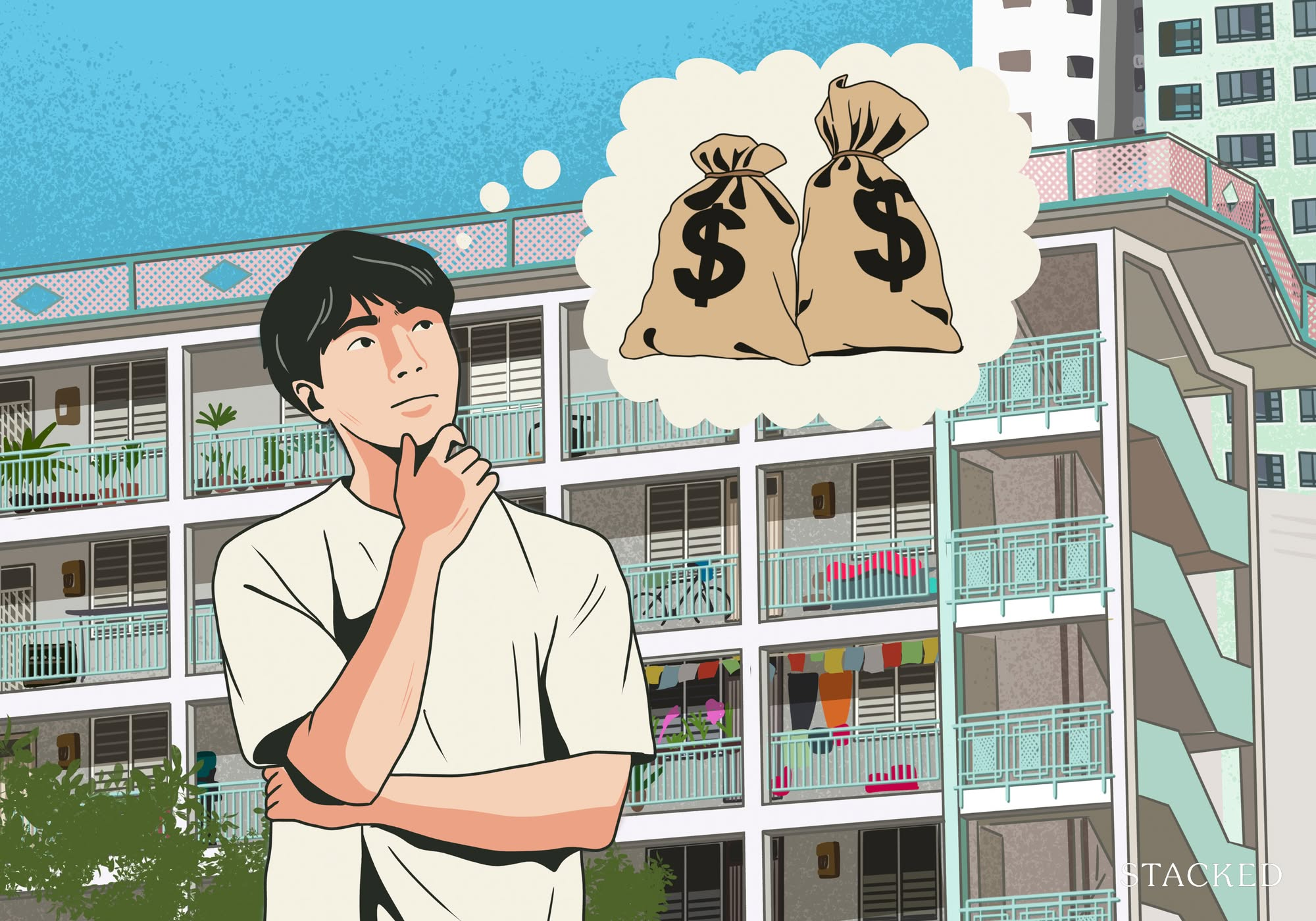
Property Advice 5 Ways To Get A Better Price For Your Property When The Market Is Changing

Property Advice 5 Telltale Signs to Watch Before Property Prices Move In Singapore
Latest Posts
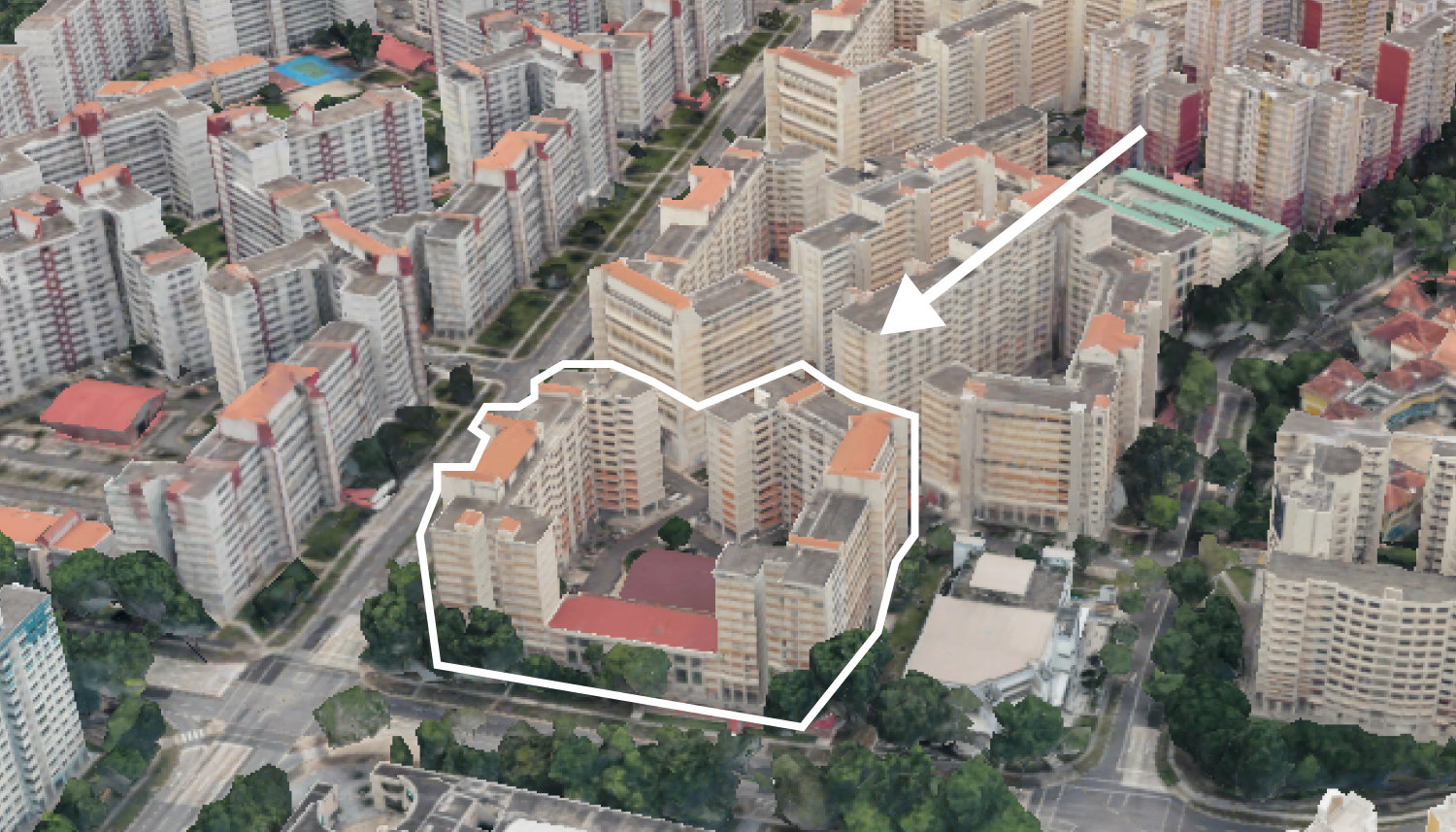
On The Market We Found the Cheapest Yet Biggest 4-Room HDBs You Can Buy From $480K
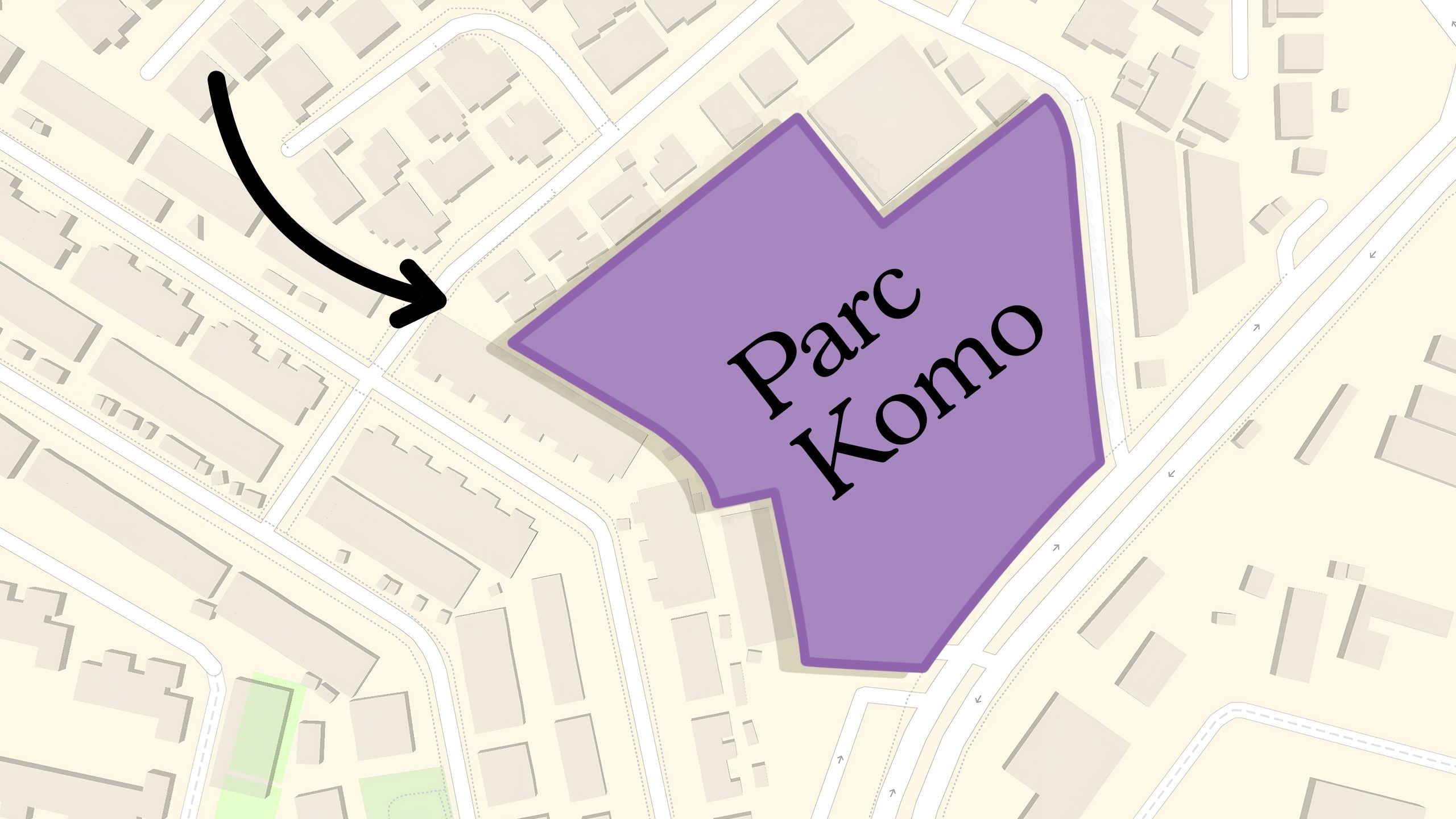
Pro Why This Freehold Mixed-Use Condo in the East Is Underperforming the Market

Singapore Property News 10 New Upcoming Housing Sites Set for 2026 That Homebuyers Should Keep an Eye On

Homeowner Stories I Gave My Parents My Condo and Moved Into Their HDB — Here’s Why It Made Sense.
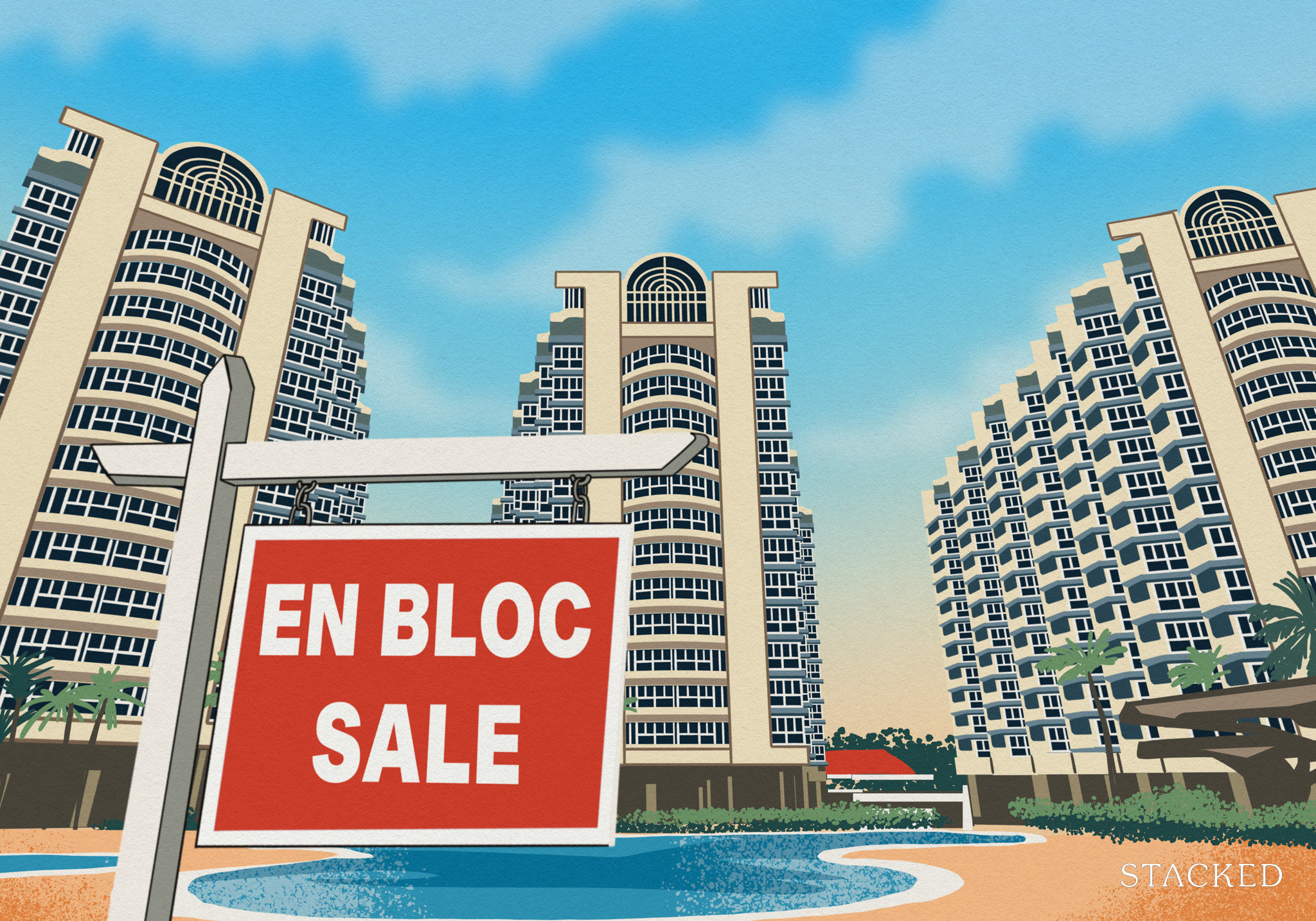
Singapore Property News Will Relaxing En-Bloc Rules Really Improve the Prospects of Older Condos in Singapore?

Property Market Commentary The Rare Condos With Almost Zero Sales for 10 Years In Singapore: What Does It Mean for Buyers?

Pro Why This Large-Unit Condo in the Jervois Enclave Isn’t Keeping Up With the Market

Property Market Commentary 5 Upcoming Executive Condo Sites in 2026: Which Holds the Most Promise for Buyers?
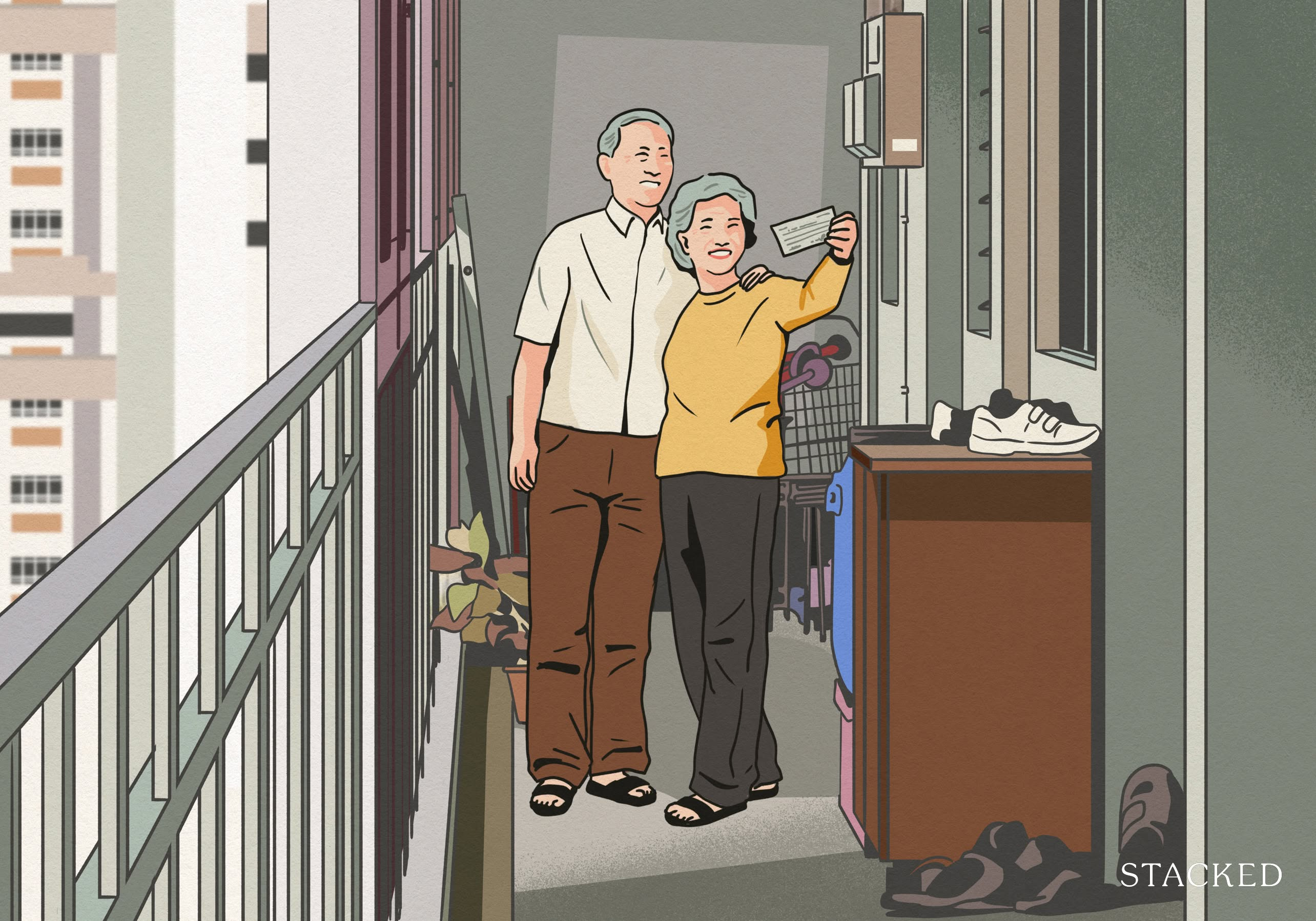
Singapore Property News A Housing Issue That Slips Under the Radar in a Super-Aged Singapore: Here’s What Needs Attention

Landed Home Tours Inside One of Orchard’s Rarest Freehold Enclaves: Conserved Homes You Can Still Buy From $6.8M
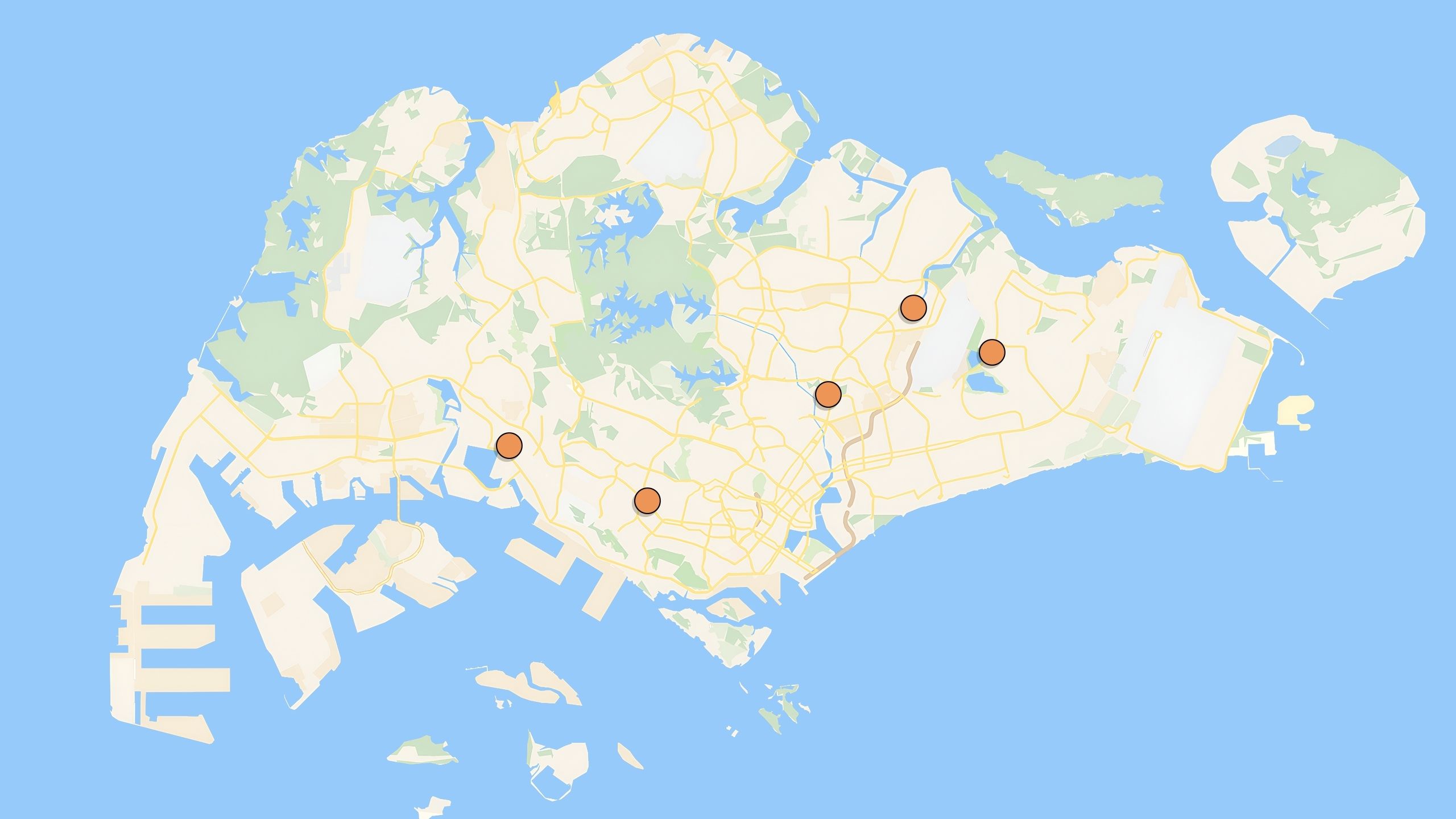
Property Investment Insights These 5 Condos In Singapore Sold Out Fast in 2018 — But Which Ones Really Rewarded Buyers?
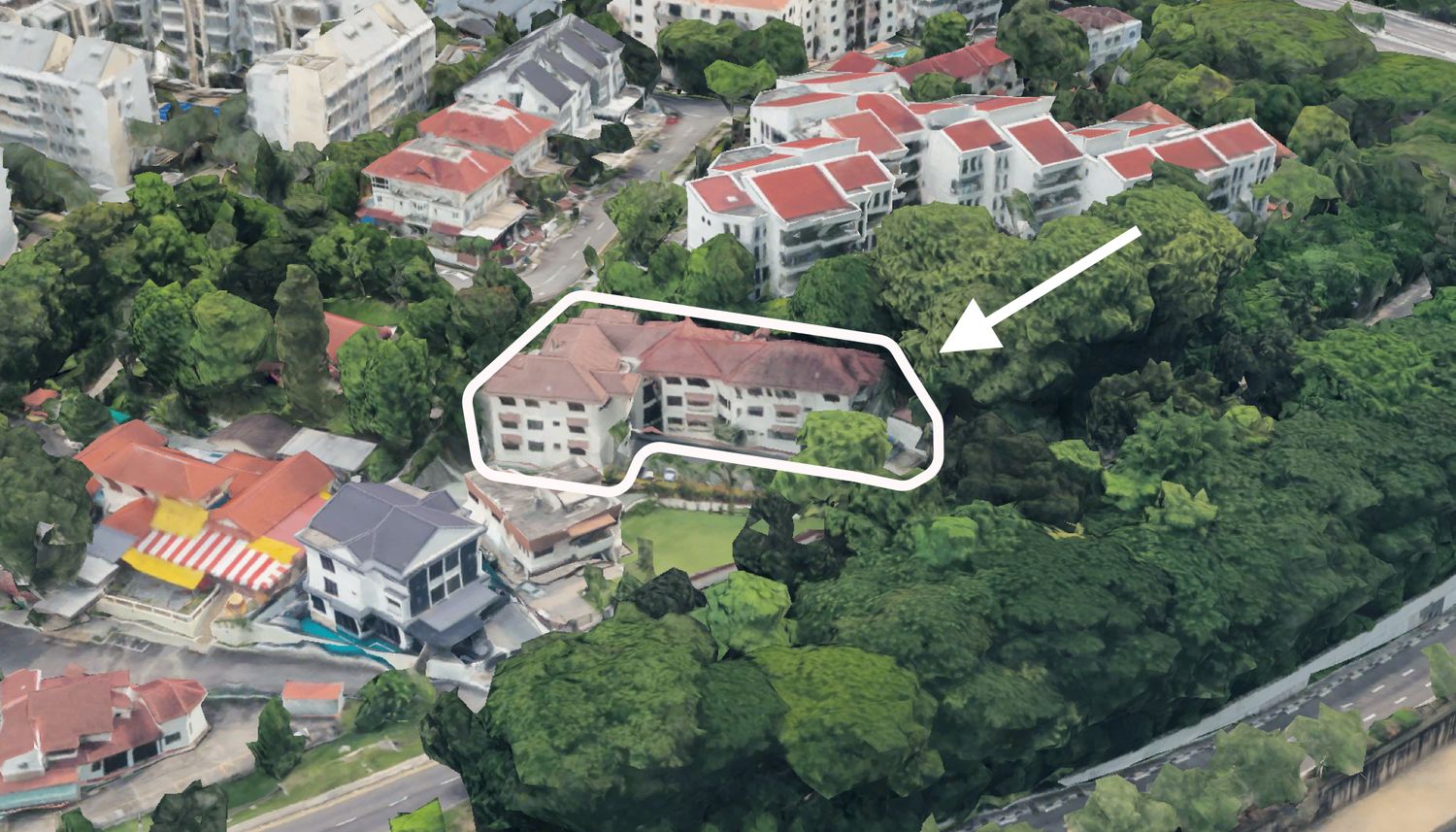
On The Market We Found The Cheapest 4-Bedroom Condos You Can Still Buy from $2.28M
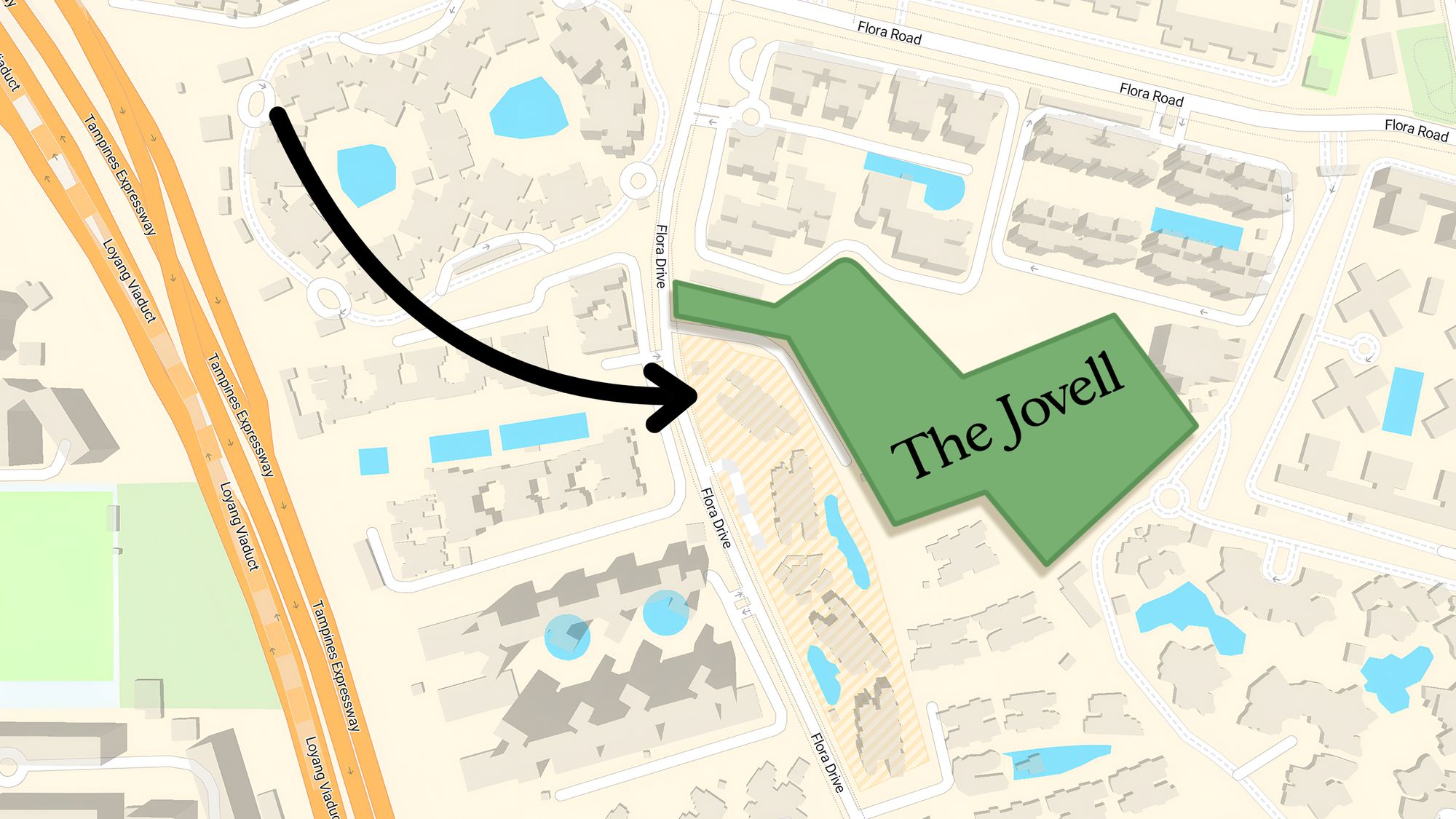
Pro Why This New Condo in a Freehold-Dominated Enclave Is Lagging Behind

Homeowner Stories “I Thought I Could Wait for a Better New Launch Condo” How One Buyer’s Fear Ended Up Costing Him $358K

Editor's Pick This New Pasir Ris EC Starts From $1.438M For A 3-Bedder: Here’s What You Should Know



